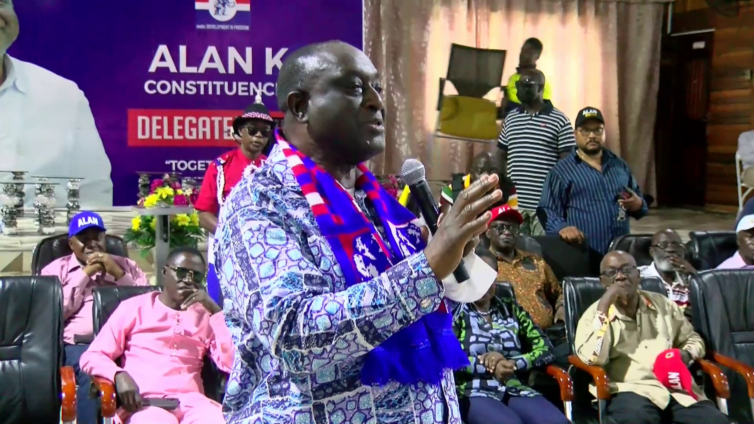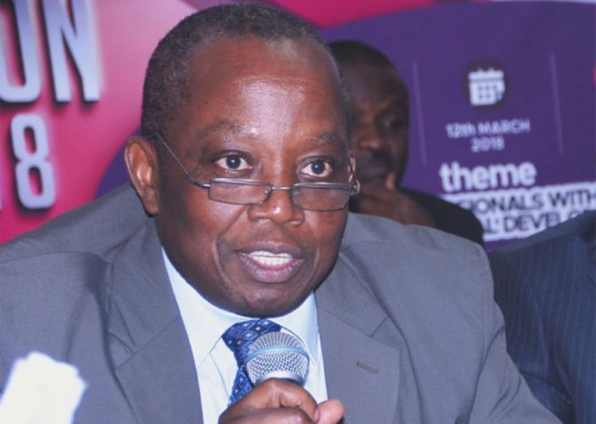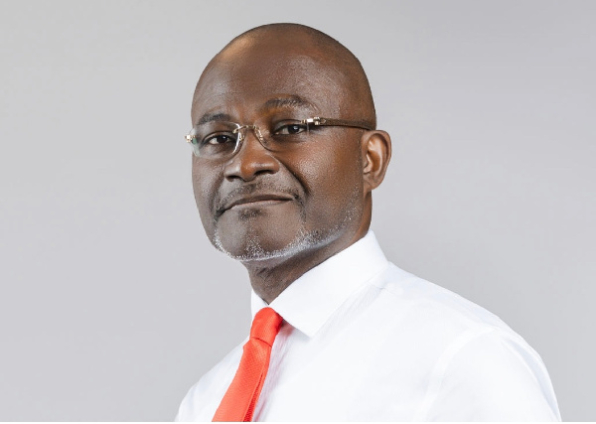Ghana’s Political Firestorm: ORAL Data Scandal and Fertiliser Allegations Ignite NPP Controversy
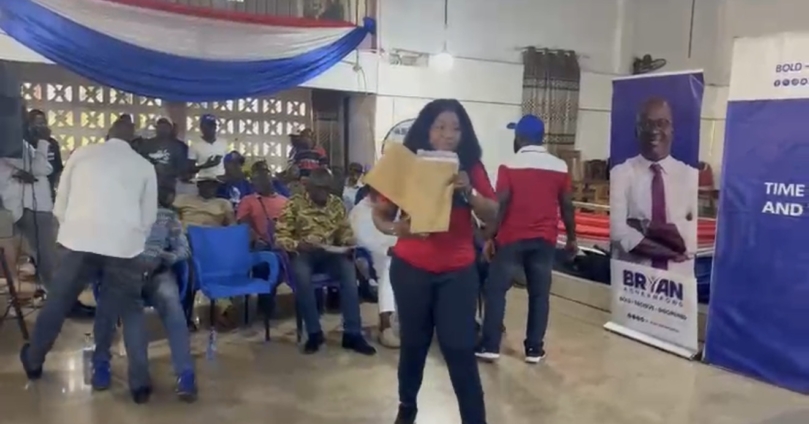
Ghana’s political climate has been thrown into turmoil following two major developments, a public confrontation over alleged fertiliser distribution misconduct within the New Patriotic Party (NPP) and revelations that the Operation Recover All Loot (ORAL) initiative was based on unverified and unreliable data. Both controversies have reignited debates on governance, accountability, and the misuse of state resources ahead of the country’s 2024 general elections.
Fertiliser Allegations Deepen Rift Within NPP
The first controversy erupted after a tense exchange between Gifty Ndomah, the NPP’s 2024 parliamentary candidate for Ejura, and Dr Bryan Acheampong, former Minister of Food and Agriculture and current MP for Abetifi. During his campaign tour, Dr Acheampong alleged that some parliamentary candidates had attempted to smuggle government-supplied fertilisers, disrupting equitable distribution before the elections.
Ms Ndomah, visibly angered by the remarks, challenged the former Minister publicly and reportedly presented evidence refuting his claims. In her view, the allegations painted honest party members as corrupt and undermined internal unity within the NPP’s grassroots.
In response, Dr Acheampong clarified that he did not personally distribute any fertilisers to candidates and emphasized that all agricultural supplies were channeled through the Ministry of Food and Agriculture’s district offices, not political entities.
“The government can’t distribute fertilisers from the Ministry of Food and Agriculture to your parliamentary candidate on the ticket of a political party,” he stated. “That’s not how government funds are used.”
He added that while ruling parties often have indirect influence over local administration, the fertiliser distribution process was meant to remain apolitical, accountable, and supervised at the district level. Acheampong also warned that any direct allocation of public agricultural resources to political candidates would constitute an abuse of government funds.
ORAL Scandal: “Garbage Data” and Public Disillusionment
Parallel to the fertiliser dispute, the Operation Recover All Loot (ORAL) program initially hailed as a groundbreaking anti-corruption initiative has come under heavy scrutiny after former Auditor-General Daniel Domelevo admitted that the team collected “garbage data” without verification.
Speaking on Joy News’ PM Express, Domelevo explained that the ORAL team’s work involved compiling unverified complaints from the public rather than conducting independent investigations. He revealed that the estimated $21 billion the initiative claimed it could recover was likely exaggerated.
“Those were just the sums of all complaints received. After a real audit or investigation, those figures could either balloon or shrink,” Domelevo clarified.
He stressed that the ORAL process was purely preliminary and lacked rigorous scrutiny, warning that even court rulings in favour of the state did not guarantee actual recovery, citing the Woyome case as a cautionary example.
Domelevo further elaborated that the term “garbage” referred to the open submission policy adopted by ORAL:
“We didn’t reject any submission. People sent in documents through email without proof or evidence. We received everything, knowing some would lack authenticity.”
Lawmakers and Analysts Condemn ORAL Committee
The revelations prompted sharp criticism from Nana Agyei Baffour Awuah, MP for Manhyia South, who said Domelevo’s admission vindicated the NPP’s long-standing position that ORAL was a waste of time and public funds.
He questioned why experienced professionals such as Daniel Domelevo, lawyer Martin Kpebu, retired Commissioner Kofi Boakye, and the EOCO boss would submit a report without vetting the reliability of its contents.
“Despite their expertise, all they did was collect documents and hand over an unfiltered report, all garbage to the President,” Awuah asserted.
According to him, the ORAL committee’s flawed process not only wasted resources but also increased pressure on the Attorney General, who was left to defend an inflated and unverified recovery figure.
A Crisis of Credibility in Governance
The twin controversies, the fertiliser dispute within the NPP and the ORAL data scandal have collectively reignited national conversations about transparency, accountability, and political integrity.
While supporters of both Domelevo and Acheampong have defended their actions as being taken in good faith, critics argue that these incidents highlight deeper institutional weaknesses within Ghana’s governance structure. As the 2024 elections approach, the political temperature continues to rise, with both ruling and opposition parties seeking to weaponize the scandals to sway public opinion.
You may also like...
FPL Alert: Chelsea & Liverpool Stars Trigger Toughest Transfer Choices
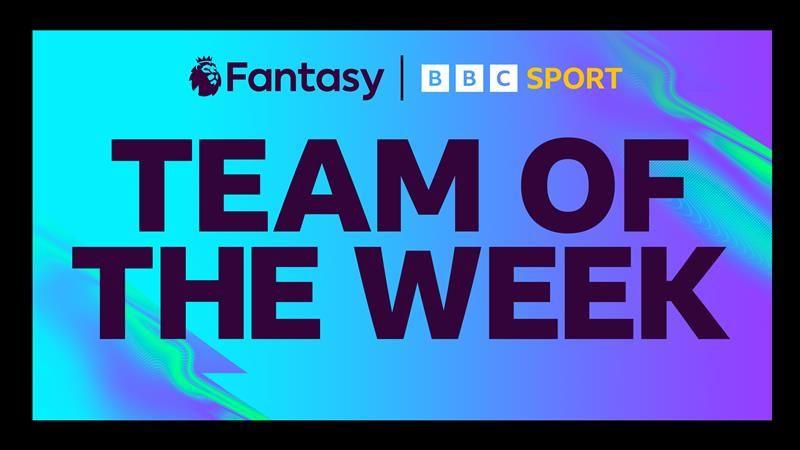
This week's Fantasy Premier League (FPL) decisions are complicated by the form of popular picks Joao Pedro and Mohamed S...
Van Dijk Summons Liverpool Squad for Post-Man Utd 'Crisis' Talks

Liverpool captain Virgil van Dijk called a players-only meeting to address the team's four-game losing streak, which inc...
Amazon Thriller 'Crime 101' Trailer Unleashes Chris Hemsworth, Mark Ruffalo & More Stars

Amazon MGM Studios has unveiled the first trailer for “Crime 101,” a new film starring Chris Hemsworth and Halle Berry. ...
Latin Music Week 2025: Daddy Yankee and Regional Mexican Stars Stir the Waters

The 2025 Billboard Latin Music Week showcased the evolving landscape of Latin music, featuring panels on the future of R...
Strictly Shock: Tess Daly & Claudia Winkleman Dramatically Quit Amidst Show Scandals

Tess Daly and Claudia Winkleman have announced their departure from "Strictly Come Dancing" after the current series, wi...
Kaduna Shines Bright: Mr. Fixit Consulting's Dazzling Celebrity Fashion Extravaganza!

Kaduna, Nigeria, is gearing up for "Da Red Carpet & Celebrity Fashion Experience" on November 8, 2025, at Galaxy Mall. P...
Skales Crowned LEADERSHIP Artiste of the Year 2025: A Major Win!

Nigerian music veteran Skales has experienced a remarkable resurgence in 2025, largely due to his 2014 hit “Shake Body” ...
Dementia's Sleepy Secret: Scientists Uncover Critical Brain Link to Poor Rest

New research reveals that persistent poor sleep may hinder the brain's glymphatic system from clearing waste, significan...
